A recent critique by researchers from the University of Cambridge has sparked controversy over a previous study’s findings regarding the decline of facial cancer among Tasmanian devils.
The original study, published in 2020 in the journal Science, suggested a slowing rate of transmission of Devil Facial Tumour Disease (DFTD), raising hopes that the species might be on the path to recovery. However, the Cambridge team’s replication of the study has cast doubt on these conclusions.
DFTD, a fatal cancer transmitted through biting and food sharing, emerged in the 1980s and devastated Tasmanian devil populations, leading to the species being listed as endangered.
The 2020 study proposed that the transmission rate had slowed significantly, indicating a potential natural immune response among the devils. However, the Cambridge researchers, led by Professor Elizabeth Murchison, found discrepancies in the original study’s methodology.
Murchison highlighted that the sequencing of DNA in the original study fell short of recommended standards, with DNA being sequenced only half the recommended number of times.
Proper sequencing is crucial for identifying meaningful mutations accurately. The reanalysis revealed that the mutation rate reported in the original study was likely inflated due to insufficient sequencing depth, casting doubt on the validity of the findings.
While the authors of the initial study stand by their research, arguing that subsequent papers Support their conclusions, the controversy underscores the importance of rigorous methodology in scientific research.
Carolyn Hogg, a population biologist at the University of Sydney, praised the depth of sequencing analysis conducted by the Cambridge team, emphasizing the need for expertise in the field.
Hogg’s remarks highlight a crucial aspect of scientific inquiry: the need for humility and caution in concluding, especially in complex fields where interdisciplinary collaboration may be necessary.
The disagreement between researchers serves as a reminder of the iterative nature of scientific progress, where findings are subject to scrutiny and revision.
This article by Trinity Sparke was first published by One Green Planet on 21 April 2024. Image Credit : paulkempvideo/Shutterstock.
What you can do
Help to save wildlife by donating as little as $1 – It only takes a minute.

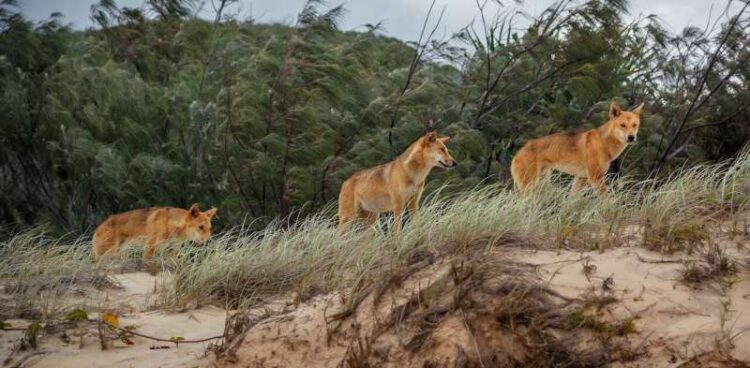
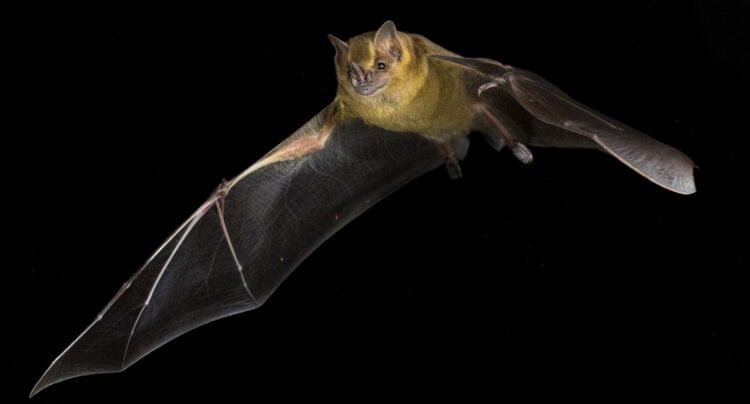
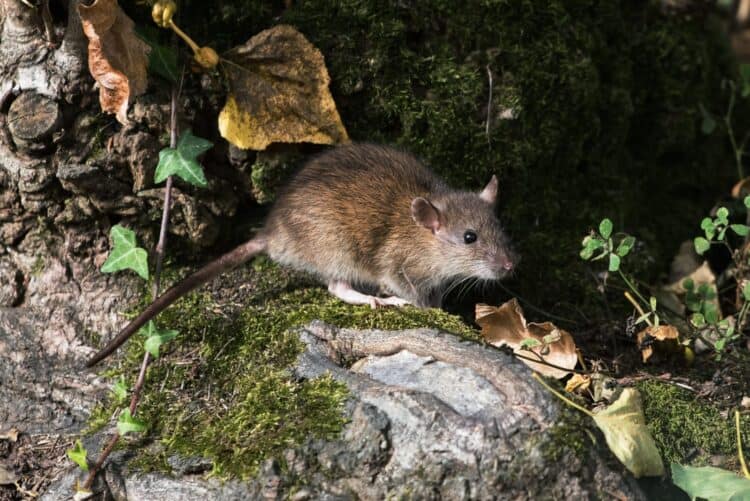
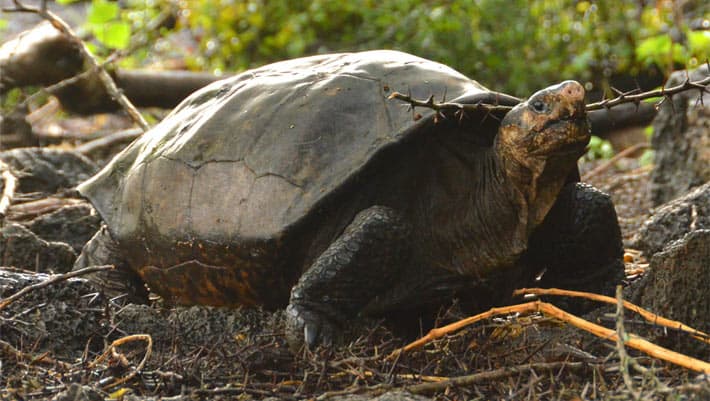

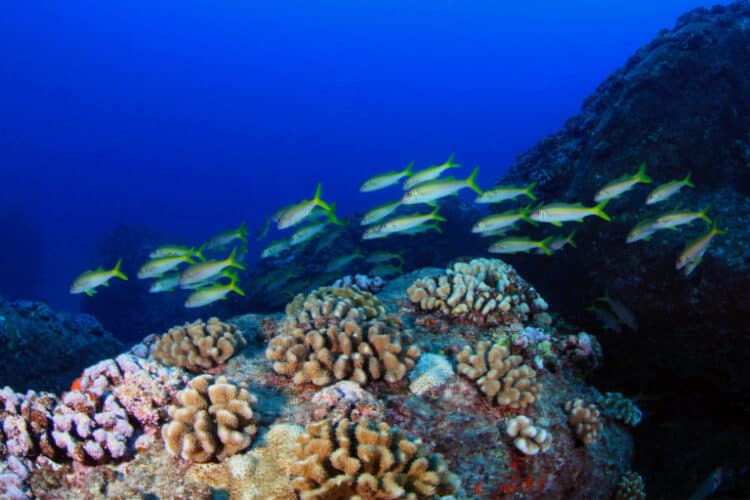
Leave a Reply